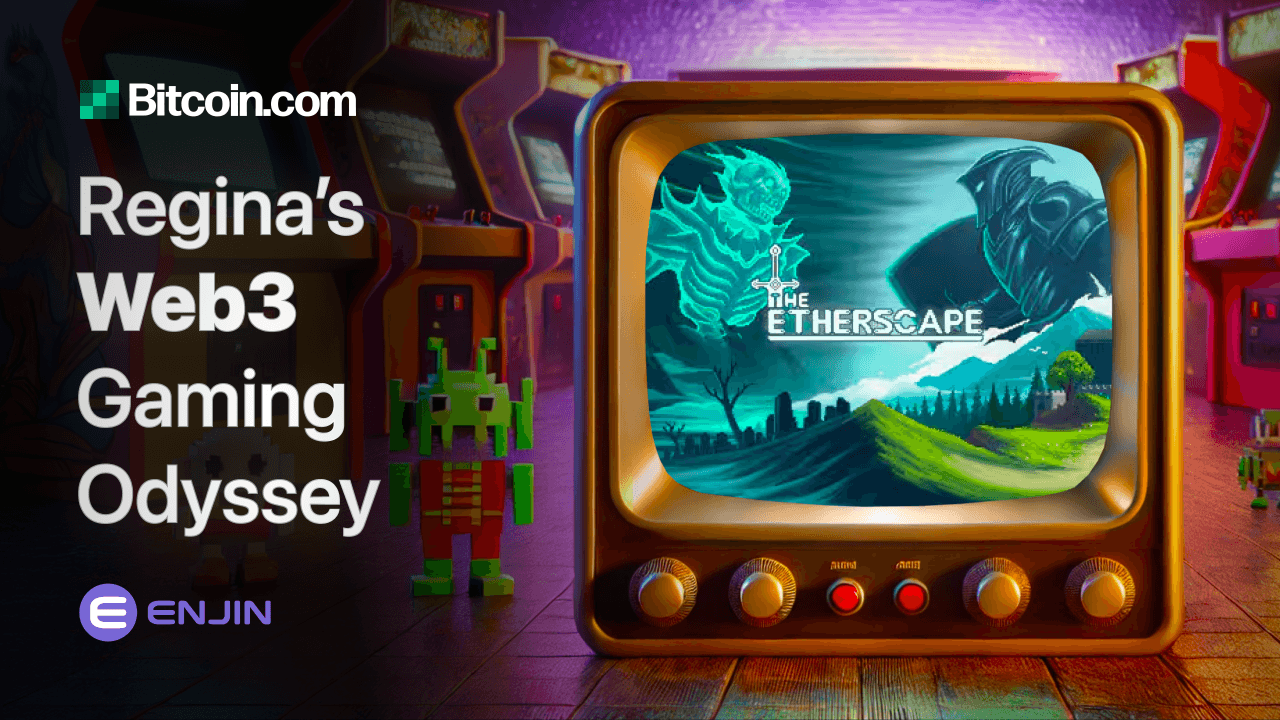Gaming businesses, particularly gaming platforms, are increasing interest in cryptocurrency as part of their product offering. There are various advantages associated with adopting cryptocurrency-powered gaming platforms. Improved security, quicker transactions, anonymity, and worldwide accessibility are just some of them. However, these benefits come with potential dangers such as volatility, unclear regulations, and abuse potential. Users should assess this trend carefully when adopting it. This essay offers an objective assessment by examining the advantages and disadvantages of cryptocurrency use within gaming platforms. To start playing, consider 5€ minimum deposit casinos for Slovak players.
Cryptocurrencies have quickly become popular across industries, including gaming. Players purchasing in-game items with digital currencies like Ethereum and Bitcoin prove that gaming and blockchain tech have increasingly combined. Players may benefit from various advantages of safely using cryptocurrency transactions within gaming platforms. Improved security, faster transactions, and worldwide accessibility are some of those benefits. Yet, potential drawbacks include learning how to handle cryptocurrency on gaming platforms safely and effectively. That’s something this article covers extensively. Zvažte čtení betonred casino recenze https://nejlepsiceskacasina.com/casino/redonbets-casino pro české hráče.
Advantages of Cryptocurrencies in Gaming Platforms
Enhanced Security and Privacy
Cryptocurrencies offer one of the most significant advantages when used for gaming platforms: increased security and anonymity. Players using traditional payment methods often must give out sensitive financial details, like credit card numbers. It makes them susceptible to fraudsters and hackers. Conversely, blockchain technology – an uncentralized transaction method – powers cryptocurrency platforms. It makes every transaction recordable on an easily searchable public ledger, drastically reducing fraud risk.
Cryptocurrency payment systems offer more privacy than conventional methods. Transactions may take place without disclosing personal details. That makes cryptocurrency ideal in areas with strict gaming restrictions or where gamers would conceal their gaming habits from others. Thanks to cryptocurrency’s anonymity, gaming platforms may attract a broader range of users with concerns regarding data security or privacy.
Faster and More Cost-Effective Transactions
Cryptocurrencies offer faster, more affordable transactions than traditional banking systems that utilize intermediaries and can significantly increase costs. With cryptocurrency transactions handled directly between participants, speedier deposits or withdrawals of winnings become possible much more rapidly. It is particularly convenient for players!
Transaction prices could also decrease thanks to reduced intermediaries costs. Making operations more economical is beneficial to both gamers and gaming platforms. Players could allocate a more significant portion of funds toward gaming. Gaming platforms could see more substantial profit margins or offer more affordable rates for services offered.
Global Accessibility
Due to regional or municipal law restrictions, traditional banking channels may make online gambling challenging in specific locations. Still, with cryptocurrency operating outside these limitations, gamers worldwide may access gaming websites without the need to follow local banking rules or have to convert currency exchange rates in their region.
With their global reach, gaming platforms may access new markets and expand their user base. No matter their location, users will benefit from more options for playing video games; cryptocurrency also serves as a more stable solution than local currencies when dealing with banks that restrict online gaming opportunities.
Risks of Integrating Cryptocurrencies into Gaming Platforms
Regulatory Uncertainty
While cryptocurrency integration into gaming platforms offers several benefits, one key drawback lies with regulatory ambiguity: different jurisdictions often have vastly differing legal positions on cryptocurrency use, and many governments still lack specific restrictions about when or how cryptocurrencies should be employed; gaming platforms could experience legal risks or sudden shifts in regulation due to this uncertainty in the regulation landscape.
Government policies restricting or outright banning cryptocurrency transactions could threaten any platform accepting payments in cryptocurrency with fines and penalties, making compliance difficult due to uncertainty around bitcoin legislation; these measures are vital in maintaining integrity within gaming operations.
Volatility and Financial Risk
Cryptocurrencies pose severe financial risks as well due to their inherent volatility. Their value can fluctuate drastically within minutes compared to more stable currencies like USD or GBP; players and gaming platforms could face exposure due to this volatility; any sudden dip could incur huge losses for them, and any significant sums held within gaming accounts may suffer substantial losses.
Accepting cryptocurrency requires gaming platforms to manage price swings that could harm their earnings carefully. Some platforms may instantly convert Bitcoin payments to fiat money for ease of risk management purposes – however, this increases transaction costs and complexity while making pricing for in-game goods or services difficult due to unpredictable fluctuations.
Potential Misuse
Although cryptocurrency’s anonymity and decentralization offer many security and privacy benefits, their anonymity also opens the door for misuse. Cryptocurrencies have been associated with illicit activities, including financing criminal enterprises, tax evasion, money laundering, and more – yet due to cryptocurrencies’ anonymity; it may be challenging for gaming platforms to identify these operations, potentially endangering both their reputations and legal standing in the process.
Additionally, cryptocurrency in gaming may draw in users looking to abuse the system for illicit acts – like spending funds that were stolen or engaging in fraud – putting genuine players at risk and undermining its integrity. Gaming platforms must establish robust AML/KYC processes to mitigate such dangers; this may prove challenging as cryptocurrencies are decentralized assets.
Conclusion
Implementing cryptocurrency into gaming platforms offers several benefits, including enhanced security and anonymity, faster transaction times, and global accessibility. All these attributes help attract a more extensive player base while providing a smoother gameplay experience – yet one must remember there can also be risks involved, such as volatility, unclear regulations, and the risk of abuse.
Gaming platforms looking into a cryptocurrency must balance taking full advantage and mitigating risks when considering cryptocurrency integration into their operations and minimizing any downside. This may entail installing strict security measures and staying abreast of legislative updates while carefully managing financial risk related to Bitcoin transactions – an approach may provide gamers with both contemporary and safe gaming experiences.











